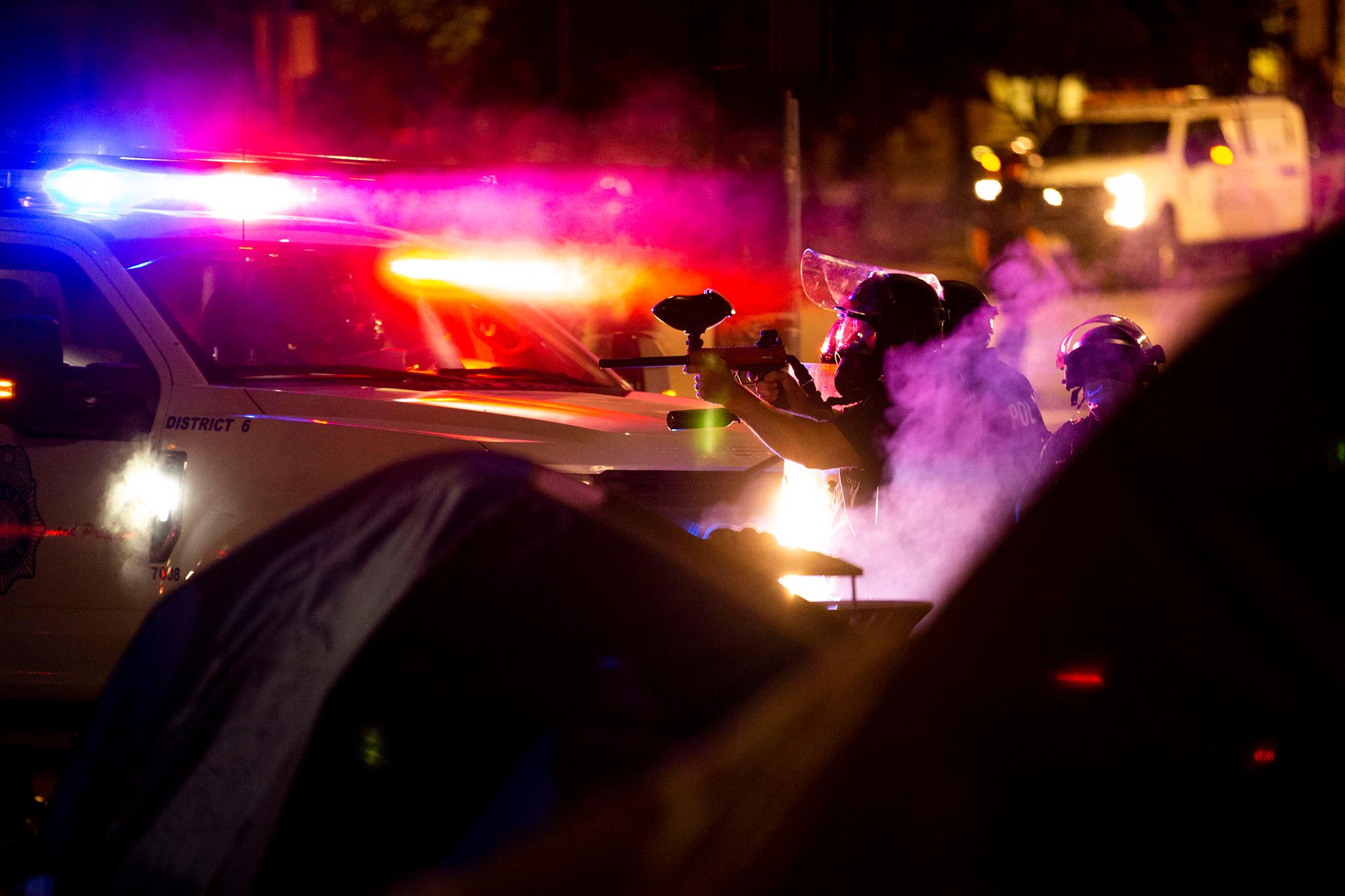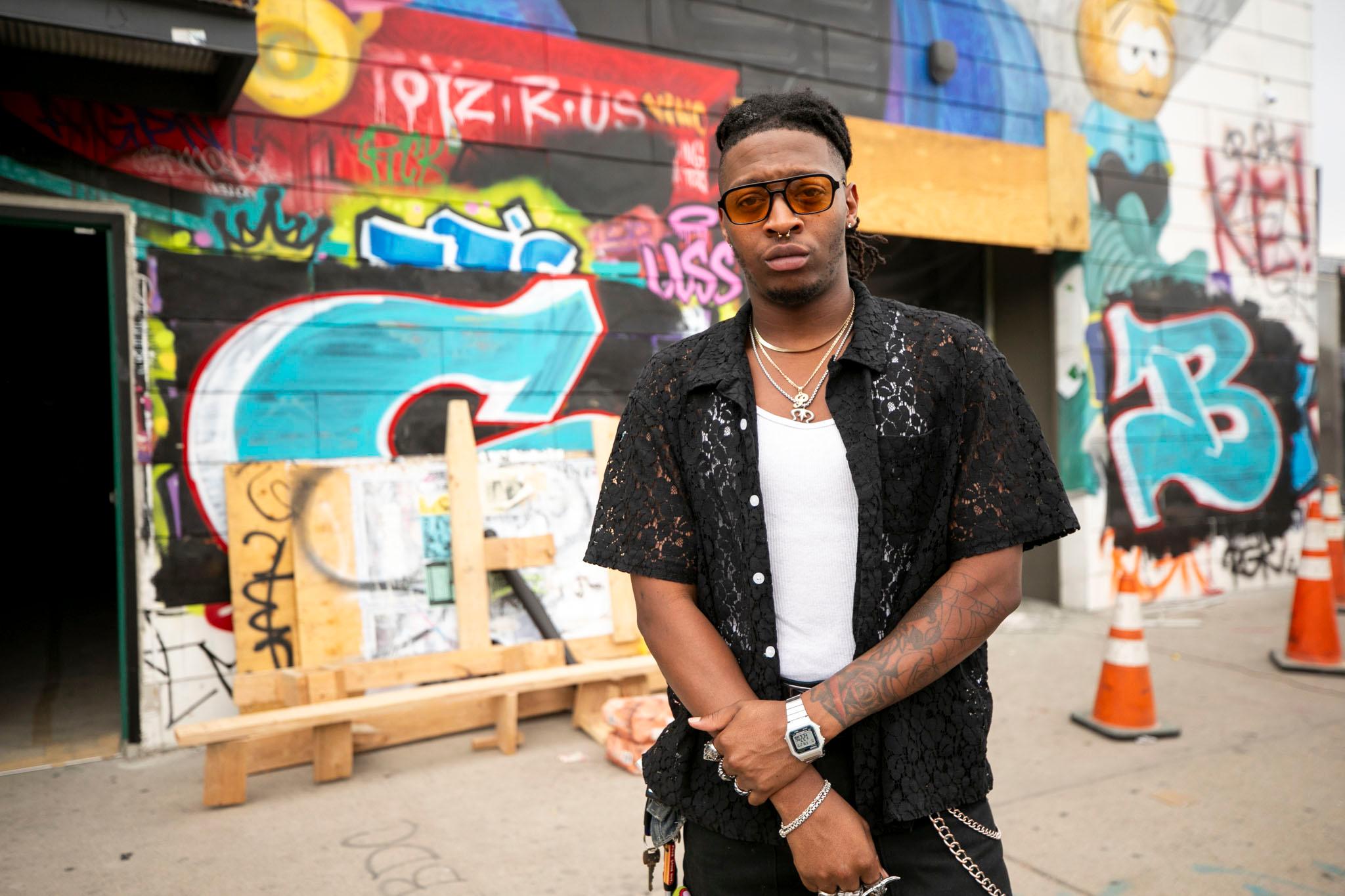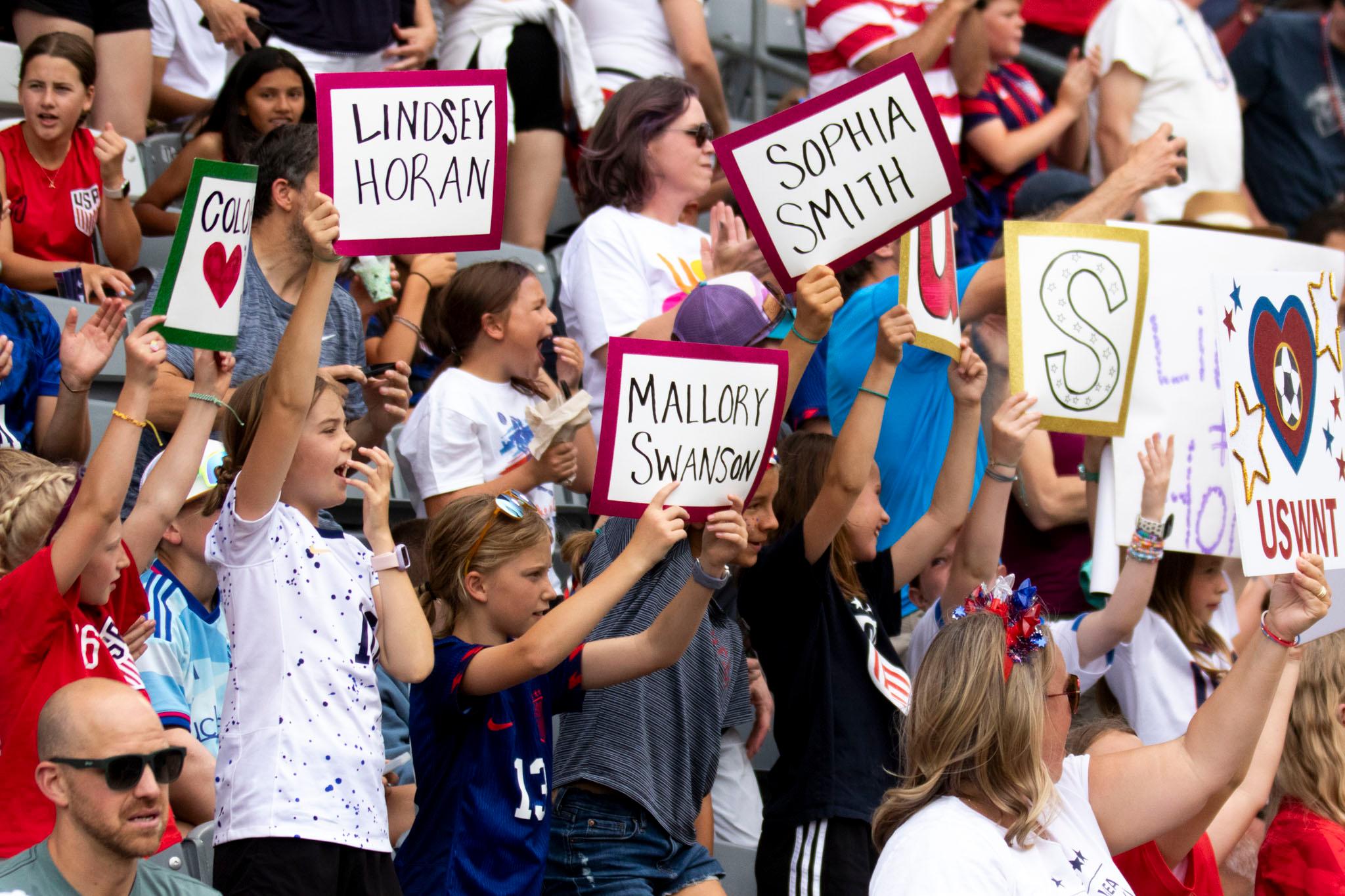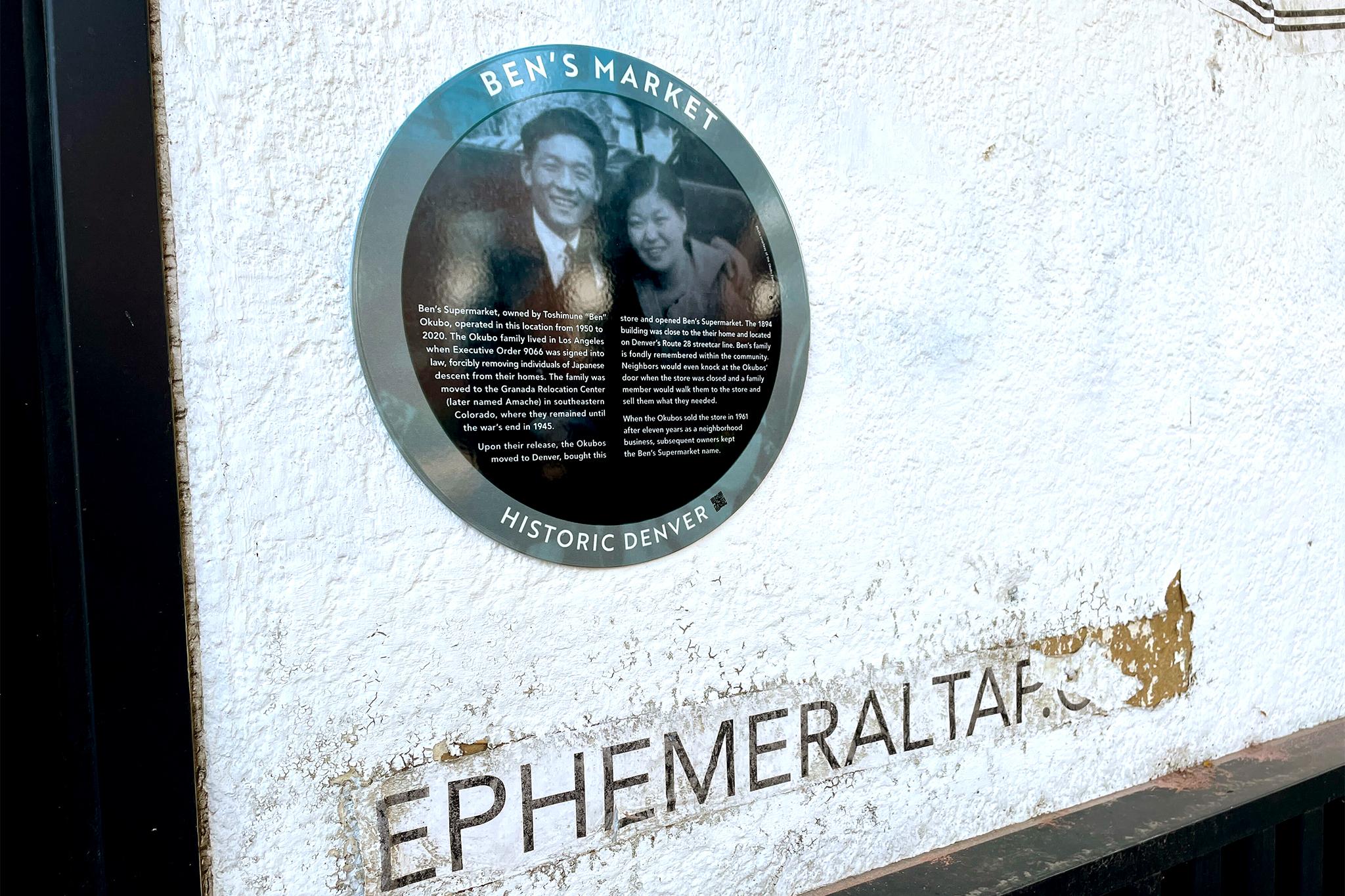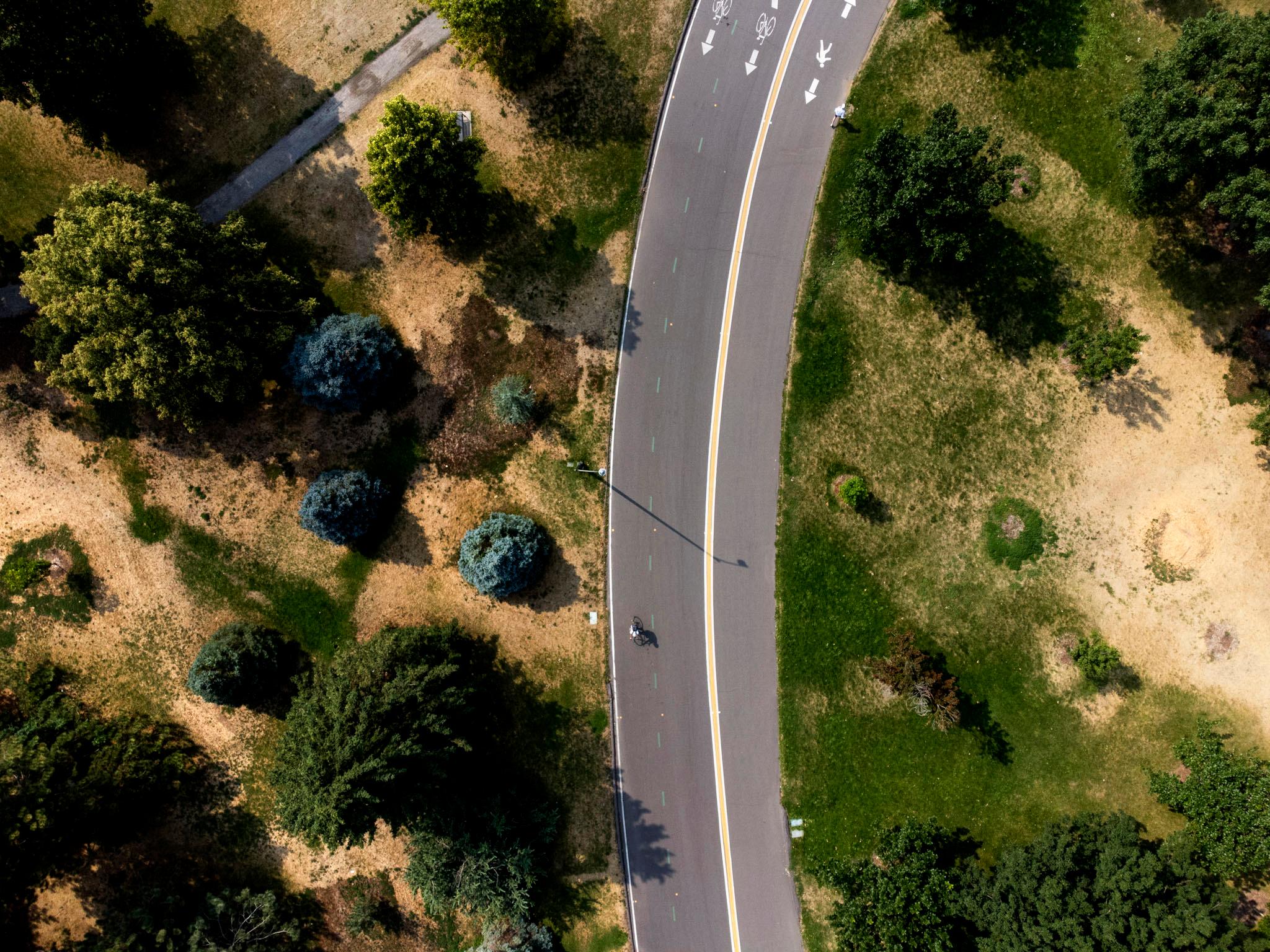After the first several nights of protests over systemic racism and police misconduct on the streets of Denver, the city government emerged from the frenetic events with a clear narrative: Police officers only used chemical weapons and projectiles on people in reaction to protesters throwing things at them, Mayor Michael Hancock said on Colorado Public Radio.
But other accounts threw a wrench into that narrative. While at times members of the public launched water bottles and fireworks at officers, they responded with tear gas, smoke bombs, foam bullets and other projectiles on all types of protesters, including peaceful ones, according to news reports, social media videos and a federal judge who placed a restraining order on DPD.
Exactly what happened on those nights will, theoretically, come out in the wash. And it's a full load.
The Office of the Independent Monitor said the department has about 225 complaints of police misconduct, all of which will undergo individual investigations. Additionally, Police Chief Paul Pazen told Denverite his department will launch an investigation into every suspicious social media video, even if no one filed a complaint. Meanwhile, the Denver City Council ordered a comprehensive review of DPD's actions.
Pazen and Director of Safety Murphy Robinson support the investigation, Pazen told Denverite. Pazen, who grew up on the Northside, characterized the protests as an "unprecedented challenge" for his department.
"We're all responsible for our behavior," Pazen said. "And if an officer engages in behavior that is outside of policy, they should be held accountable for their actions."
Pazen added that the "overwhelming majority of his officers have placed themselves in harm's way to protect other people."
Body camera recordings are a key tool for internal investigations -- when they exist.
Most officers have to wear the recording devices while interacting with residents, including "any encounter that becomes adversarial," the DPD operations manual states. Body cams document those interactions, in part, to clear officers or indict them in the event of an investigation.
But the system has holes, said Mark Silverstein, legal director for ACLU of Colorado. For one, the cameras do not constantly record. Each officer must press the "event" button on the camera to begin recording. Officers could easily forget to press that button, especially in a chaotic environment, Silverstein said.
The federal judge who granted a temporary restraining order against the department from using non-lethal force at protests seemed to agree, at least after the city asked for a modification to his decision. His original ruling instructed officers to use their cameras at all times during the gatherings and banned DPD from working with departments that didn't utilize the cameras. However the city successfully argued that the technology doesn't support constantly-running cameras, so the judge scaled back, allowing officers to keep them off when they weren't in a confrontation.
"There needs to be a policy, an enforced policy, of turning the cameras on at the appropriate time," Silverstein said. "We've certainly heard of examples of incidents in which there are allegations of police misconduct and then the officer forgot to turn on his camera."
The ACLU has received "many" complaints of Denver police dispersing protesters, with weapons, without giving a warning or a safe route of retreat, Silverstein said. His office is investigating each allegation.
The Officer of the Independent Monitor will review the use of body cameras as part of the investigation ordered by the city council, Pazen said. There are other options should body cams fail; DPD has more than 250 video cameras recording the streets.
Body cameras don't just show wrongdoing. They can clear officers, too.
While the officer who aimed his gun at a car full of three girls last month was not recording the incident, his fellow officers recorded the handcuffing of Naphtali Israel afterward. Israel had reported that police drew their weapons at him, but the recording cleared them (at least of that claim).
If police are doing their jobs well, that's all the more reason to release body cam footage, Armando Geneyro told Denverite. Geneyro never knew 21-year-old William Lamont Debose before a Denver police officer shot and killed him in West Colfax library parking lot last month after he allegedly pulled a gun on police. A photographer, Geneyro first saw Debose from his balcony where he took pictures of the crime scene. Since then, he's advocated for more transparency from DPD in his honor.
DPD has not released the body cam footage of that shooting. Geneyro said he understands why an open investigation might prohibit its release, but also believes releasing the footage will build trust at a time when much of the public, especially people of color, have little to none in police.
"If it wasn't for the person recording George Floyd incident, what would have happened?" he said. "It would help build trust. There's just no way to have that if these cops can hold onto this footage for as long as it takes."
Director of Safety Robinson, Pazen's boss, said releasing body cam footage to the public was up to the police chief. Robinson said he's committed to transparency.
"Of course, there's rules and regulations on how you share things that could prohibit or otherwise get in the way of an active case file," Robinson said. "But I will tell you, our goal here is transparency. Our goal is to make sure that the public as well as our reporters and everyone in our community understand what's happening, whether right wrong or indifferent. If we did something wrong, we'll own up to it. We'll change policy."
DPD did just that on Sunday when it amended its internal operations manual to require SWAT, or special weapons and tactics officers, to wear and activate body cams. Previously, they were excluded.
What happens if Denver police officers fail to follow the body cam policy? The first violation gets an oral reprimand and direction to review the policy, according to DPD's operations manual. The second violation gets a written reprimand and a performance audit. The third violation deserves "more severe disciplinary action."

